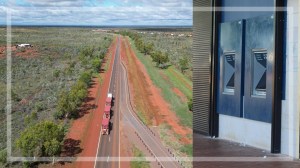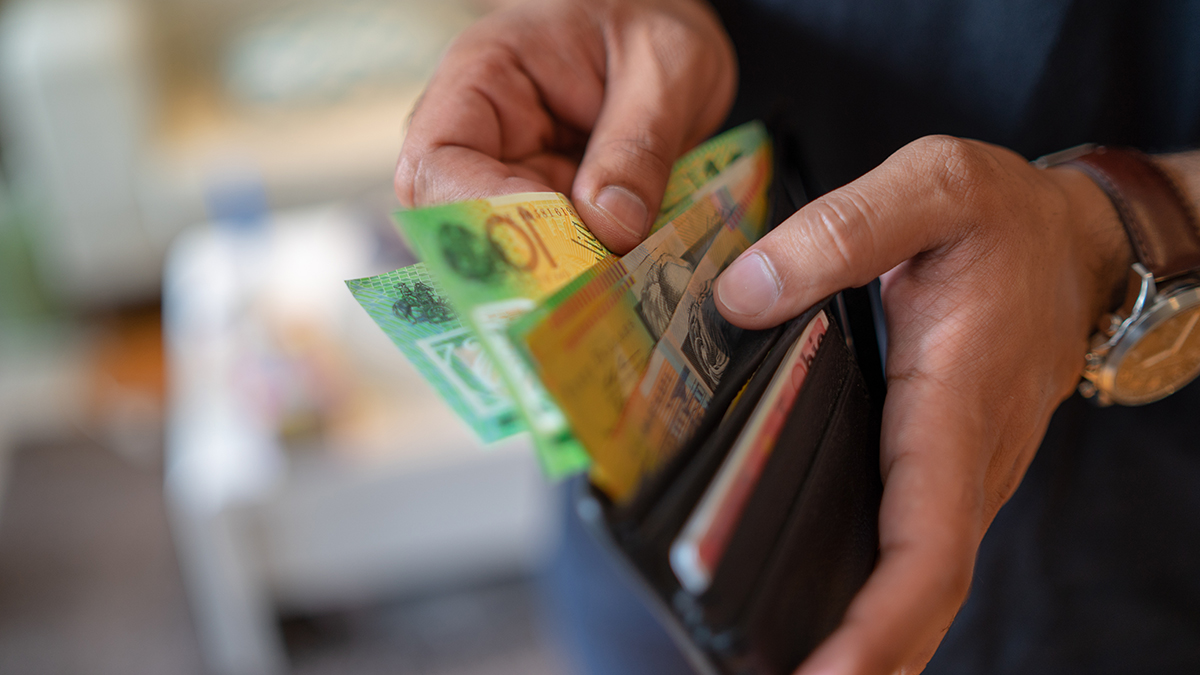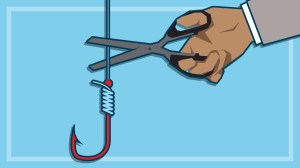
Businesses should be forced to accept cash, consumers say
Fact-checked
Fact-checked
Checked for accuracy by our qualified fact-checkers and verifiers. Find out more about fact-checking at CHOICE

Despite the decline in the use of cash and the increase in mobile and card banking, almost all Australians think it’s important that being able to pay with cash remains an option.
That’s the finding of a recent CHOICE survey of almost 13,000 people, with 97% saying it’s important that businesses selling essential goods and services are mandated to accept cash.
97% say it’s important that businesses selling essential goods and services are mandated to accept cash
More than eight out of ten survey respondents said they used cash over the past year to pay for goods or services.
Respondents in regional areas in particular expressed concern that increased fees to access cash in their community would have an impact on them, and in some cases a major impact.
Government urged to secure future of cash
In December last year, the government opened submissions to consult on mandating cash acceptance by businesses when selling essential items. The CHOICE submission calls for the government to take steps to ensure that consumers retain reasonable free access to cash.
This may require improving current cash accessibility in some areas of Australia.
The supply of cash and the ability to use it should not be dependent on the profitability of its supply and use
CHOICE head of policy Tom Abourizk
“There are no existing laws that guarantee the right to access or use cash. While we welcome the government’s proposal to mandate the acceptance of cash, more needs to be done to secure the future of cash,” says CHOICE head of policy Tom Abourizk.
“The supply of cash and the ability to use it should not be dependent on the profitability of its supply and use. The government needs to act to ensure people in all parts of Australia can rely on cash.”
Disproportionate impacts
With many banks closing regional branches and ATMs in recent years, there are concerns that people living in remote or regional areas of Australia will be hit hardest by the decline in cash and be left with fewer options.
“Our survey found that cash accessibility and acceptance are particularly important for communities outside of cities,” says Abourizk.
“A massive 97% of respondents living in country or remote areas expressed that having fewer places to access cash would impact them.”
There are also concerns that First Nations communities, elderly people, those dealing with the aftermath of natural disasters and those fleeing domestic and family violence situations will be disproportionately affected as they often rely on hard currency.
Isolating for elderly Australians
Rowena Parkes, who works in aged care, says low levels of online literacy means that using cash to pay bills and buy essentials like groceries is a key part of her clients’ everyday lives.
“To remove cash would be to remove their ability to basically live, it would be debilitating,” she says.
“It would be more isolating for those who are already isolated. Interactions are a crucial part of their lives, even just walking to get a coffee in the morning or the newspaper can give them quite a lot of interaction that helps keep them going,” Parkes adds.
To remove cash would be to remove their ability to basically live, it would be debilitating
Rowena Parkes, who works in the aged care sector
Abourizk says it is important that the government plays an active role in determining the future of cash in society, and that businesses shouldn’t be left to write the rules relating to fees and surcharges for using and accessing cash.
“Obligations to accept cash will mean nothing to consumers if they cannot access or use their own money for free in their communities,” he says.
Related




